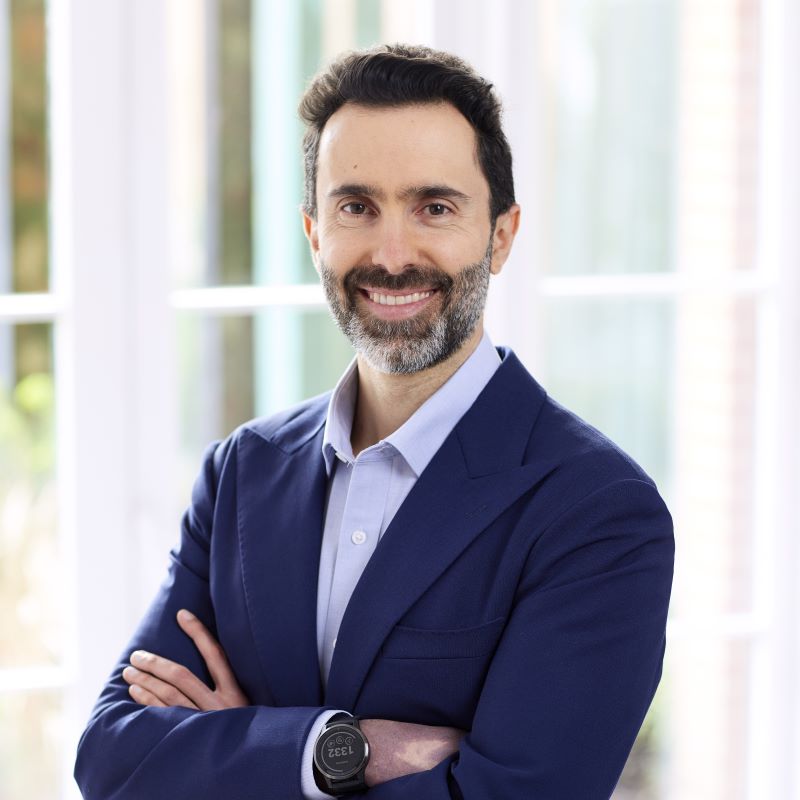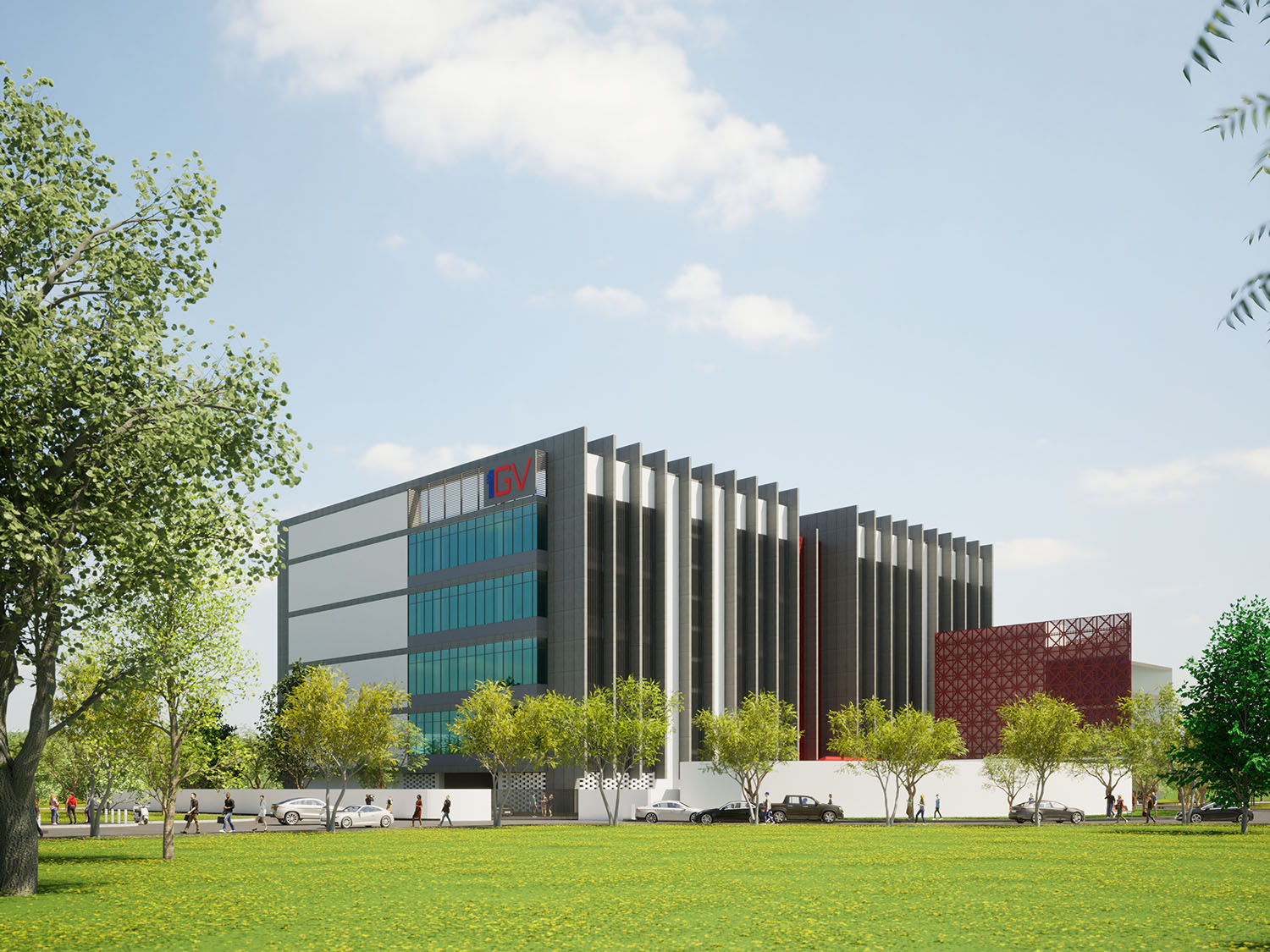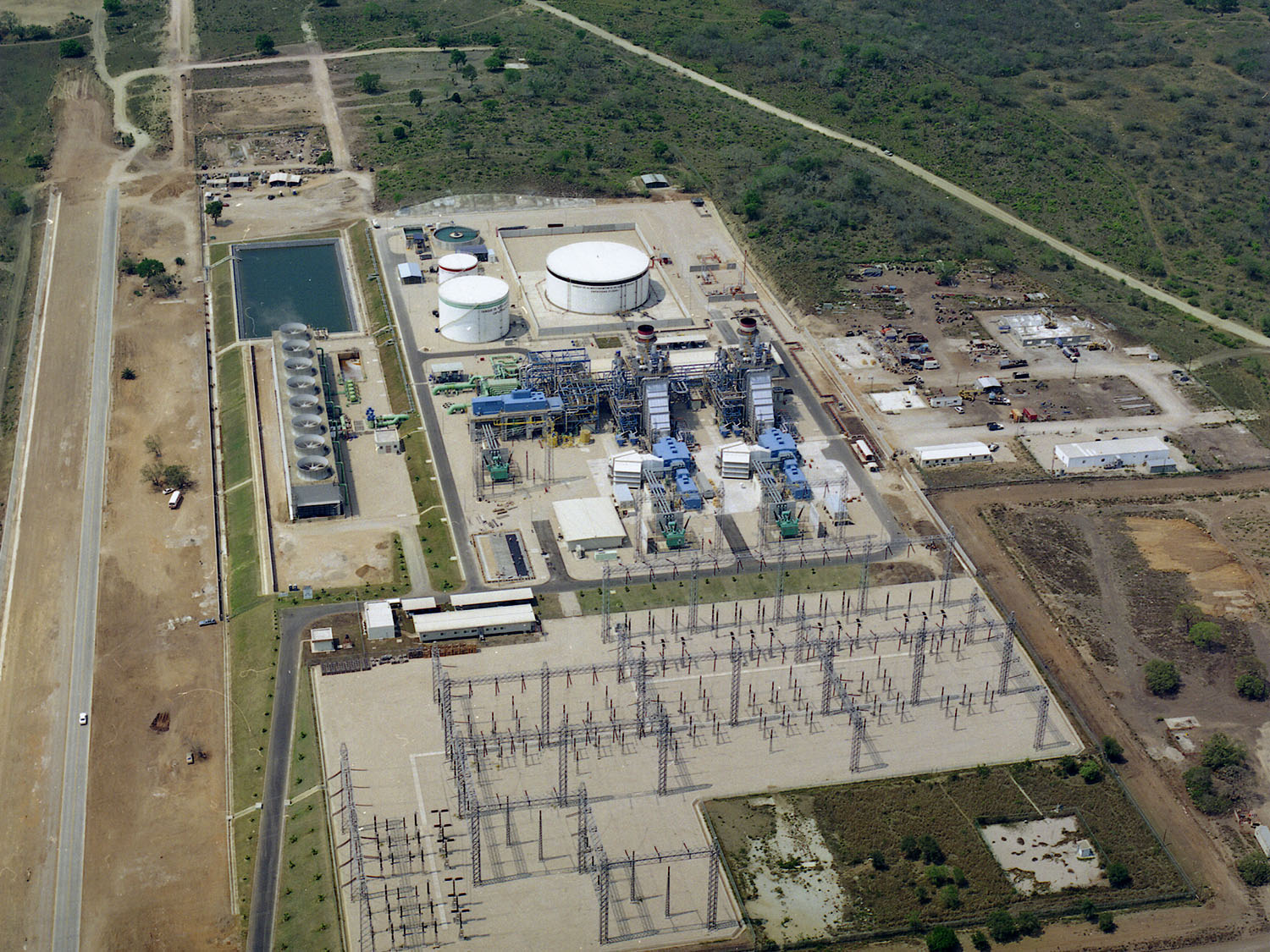What is happening
Latin America is home to important global natural assets such as the Amazon rainforest and Colombian Paramos. The region is also more susceptible to severe weather occurrences, from hurricanes in the Caribbean to summer storms in Brazil, which have been systemically heavier in intensity on the back of the global rising temperature – according to NASA the global temperature has risen 1.62 Celsius degree since the 19th century, and, not coincidentally, five of the warmest summers occurred in the last 10 years.
Therefore, it isn’t a surprise that all Latin American countries listed climate change as their top threat in a poll conducted by Pew Research Survey.
The inception of robust renewable energy policy has been one the most important factors for the 11% carbon emission reduction over the past 20 years in Latin America according to Climate and Development Knowledge Network (CDKN).
What Actis is doing
Actis believes that financing the energy transition isn’t just about preventing climate catastrophe but, creating relevant economic impact. Since 2010 we have invested in 7 renewable energy generation platforms (GME, Atlas, Echo, Atlantic, Zuma, Aela, Pelicano) and are the 2nd largest renewable player in the region. These investments represent over 4GW of capacity installed throughout the continent.
By supporting the emergence of leading renewable platforms, we also foster the continuous pursuit of innovative solutions to broaden the impact of our investments. Through our energy companies we have also implemented the following initiatives:
I-REC for Atlantic and Echo Energia, Brazil: The I-REC certificate was created in 2015 to facilitate the consumption of internationally recognised clean energy. Our former business Atlantic sold I-REC certificates to European industrial conglomerates and invested the funds to support a public school located in a remote borough of Curitiba where its main office is located. In 2019, Echo Energia, where we are still invested, obtained I-REC certificates for its operating wind power plants of nearly 1.0 GW
Echo Energia Water & Sewage Program, Brazil: As part of its ESG commitment, the company implemented a water & sewage program for the community surrounding its 132 MW in Lagoa Nova. The project directly impacts 14,000 habitants, providing access to clean water and better infrastructure for solid waste recycling, enabling the treatment of 25 tons of waste per month and responsible for recycling c.40% of the city’s waste. The project also encompasses the training of the local community and a reforestation program.
Zuma, Actis’ Mexican wind and solar platform: contributes to the country’s 35% clean energy goal for 2024. In one year, Zuma has generated 1,989 GWh of wind and solar energy, close to 2.71% of all clean energy generated by the Mexican National Power System. Furthermore, Zuma is contributing to Mexico’s international commitments on carbon emissions reduction towards 2030. Since the start of our commercial operation in 2016, Zuma’s projects avoided the emission of 1,157,831 tonnes CO₂, representing 2% of all reductions needed to accomplish the National Determined Commitments for the power sector, made in the 2015 Paris Agreement. Setting up ESG operating standards, Zuma also implemented reforestation programs in all the company’s projects, vehicles use minimisation policies in the O&M phase, PV lamps installation initiatives in public spaces of municipalities where we operate, and waste management, recycling policies and energy efficiency protocols in our HQ and generation plants.
Saavi in Mexico, Actis’ gas thermal power plant (TPP) platform, has been able to significantly reduce emissions by implementing the following initiatives on its portfolio:
Installation of a Control and Monitoring system (Selective Catalytic Reduction) reduced the emissions by 90% in La Rosita TPP
Burner combustion systems were implemented in 4 assets within Saavi’s portfolio, reducing system emission also by 90%
– Water consumption was reduced by 8,500,000 m3 per year
The installation of a Fuel Gas Control System in Bajio reduced emissions by nearly two thirds. At an institutional level, the company was also able to reduce electric power consumption through the different offices by up to 50%. More systematically, Saavi’s state of the art combined cycle gas turbines have displaced expensive and dirty fuel oil-based generation
Atlas, Actis’ pan-Latin American solar platform, has been able to avoid the emission of nearly 655,000 of CO₂ emission through its operating portfolio. The company also implemented environmental training programs in all schools within its influence. The reforestation initiative with the support of local communities has contributed to soil preservation and drought prevention.







